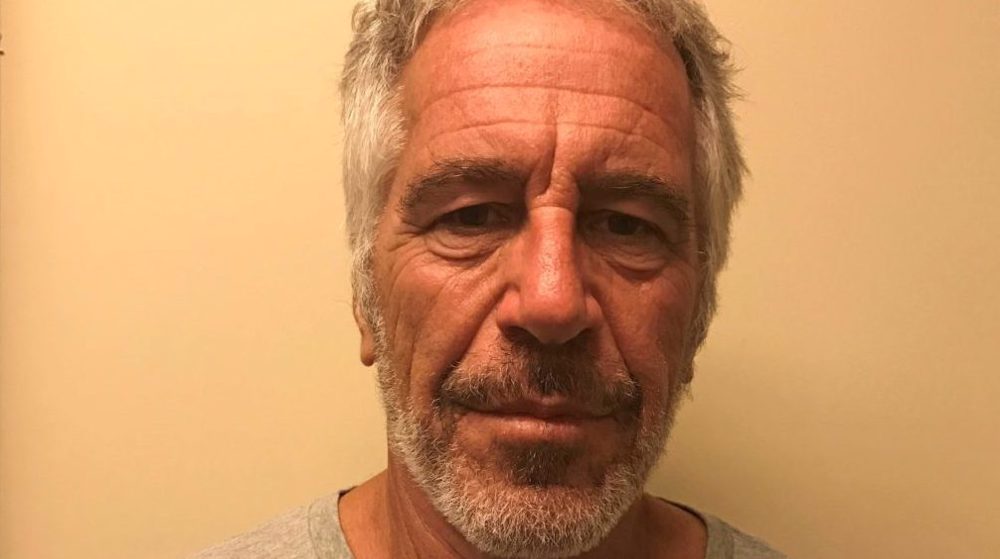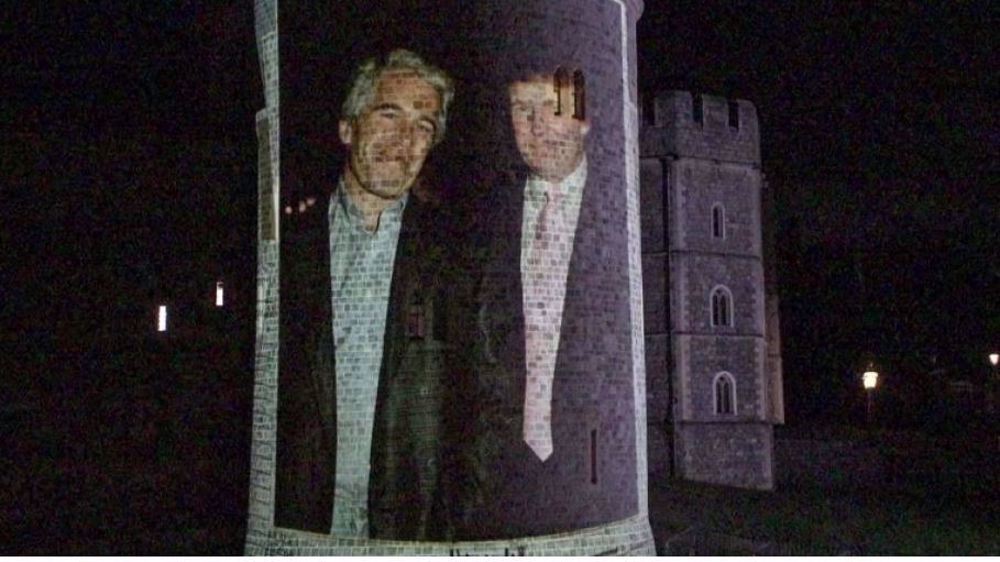North Dakota pipeline protests spread across US
Protests against the Dakota Access pipeline have spread across the US to demand the American government stop or reroute the pipeline as the companies behind the controversial project asked a federal court for permission to complete it.
Thousands of people rallied on Tuesday in New York City, Philadelphia, Houston and other cities, in what organizers said were the largest demonstrations to date against the pipeline. The most intense protests took place in Cannon Ball, North Dakota, near the path of the pipeline.
There were 26 arrests in Cannon Ball, where protesters attempted to block a railroad with a pickup truck then tried to set the vehicle on fire, according to the Morton County Sheriff's Department.
"Their job is to protect us, but instead they're protecting corporate interests and profits and money," said Cannon Ball protester Fumi Tosu, 38, of San Jose, California, adding that police used mace on demonstrators.
Robert F. Kennedy Jr, an environmental activist and nephew of former US President John F. Kennedy, said the Dakota Access pipeline was an "environmental crime."
"There's real victims," Kennedy told reporters at the Cannon Ball protest.
The 1,885-km (1,172-mile) pipeline, being built by Energy Transfer Partners, would offer the fastest route to bring Bakken shale oil from North Dakota to oil refineries in the US Gulf Coast.
But the $3.7 billion project has infuriated the Standing Rock Sioux Tribe and environmental activists who say it threatens the region’s water supply and sacred tribal sites. The tribe’s reservation is close to the pipeline's route.
Protesters have been demonstrating for several months in North Dakota against the pipeline, and hundreds have been arrested.
The Native American-led protest has grown into a larger movement in the United States, drawing in other tribes, environmentalists and advocates for Native Americans.
Energy Transfer Partners is seeking to dig a tunnel under Lake Oahe, the North Dakota water source at the heart of the protests. On Monday the Army Corps delayed that approval, which was seen as a partial victory for demonstrators.
Energy Transfer filed papers on Tuesday in a US federal court in Washington, DC, asking the court to declare that the project had the legal right to proceed and needed no further government approvals.
VIDEO | Pakistan protesters condemn US-Israel threats, mourn mosque victims
VIDEO | Press TV's news headlines
Tehran slams US ‘inhumane’ sanctions against Cuba
Two Palestinian children killed in PA ambush; Hamas slams attack as ‘black mark’
Iran pursues talks and deterrence simultaneously: Security chief
Peace with Israel ‘not possible’ amid ongoing violations of Palestinian rights: Top diplomat
Discover Iran: The network of rivers, lakes, and wetlands of Sistan and Baluchestan
Russia: West reviving Navalny case to divert attention from Epstein scandal










 This makes it easy to access the Press TV website
This makes it easy to access the Press TV website